Real Ethical Hacking in 43 Hours: Certificated CSEH+CEH 2023
Loại khoá học: Network & Security
Ethical Hacking, Pentest, Python Hacking, CEH, Metasploit, Linux , Nmap, Linux Hacking, OSCP and other awesome topics. +
Mô tả
Ethical hacking is the identification and exploitation of security vulnerabilities for the purpose of improving an organization’s cyber security. Ethical hacking helps organizations improve their security status by uncovering exposures that are beneath the surface and providing support to address them.
An ethical hacker, also commonly referred to as a white hat hacker, is a cyber security professional entrusted to perform ethical hacking assessments. Certified ethical hackers possess a comprehensive understanding of the tactics and techniques that malicious ‘black hat’ attackers use and leverage this knowledge to ensure that ethical hacking assessments accurately reflect real-life adversarial approaches.
The term ethical hacking is used to describe a broad range of assessment types. From penetration tests performed over a matter of days, to red team operations conducted over weeks and months, ethical hacking engagements vary significantly in scope, duration and price.
Although ethical hacking is sometimes used interchangeably with penetration testing, there are some important differences.
Ethical hackers may get involved in tactics beyond penetration testing. For example, they might choose to test defenses against social engineering techniques by encouraging employees to reveal sensitive business data or log-in credentials.
On the other hand, penetration testing is focused solely on assessing one or a few network vulnerabilities that organizations may have.
Ethical hackers can be independent freelance consultants, employed by a firm that specializes in simulated offensive cybersecurity services, or they can be an in-house employee protecting a company’s website or apps. Knowledge of current attack methods and tools is a requirement across these employment options, however, the in-house ethical hacker may be required to have an intimate knowledge of only a single software or digital asset type.
Are you interested in a career in cybersecurity and ethical hacking? Do you want to learn how to protect yourself and your organization from cyber threats? Look no further than "Learn Ethical Hacking in 15 Hours | Certificated CSEH+ 2023", the ultimate online course for learning how to hack ethically and improve your cybersecurity skills.
This course is designed to provide you with a comprehensive education in ethical hacking, covering everything from basic hacking concepts to advanced techniques used by professional cybersecurity experts. With 15 hours of content and over 100 lectures, you will learn how to perform real-world hacking scenarios, how to use popular hacking tools like Kali Linux, and how to defend against common cyber attacks.
The course is taught by certified cybersecurity experts who have years of experience in the field. They will guide you through each lesson, providing practical examples and step-by-step instructions to help you master each concept. You will also receive a certification upon completion of the course, which will demonstrate your skills and knowledge to potential employers.
In this course, you will learn:
The basics of ethical hacking, including different types of hacking and the mindset of a hacker
How to use Linux for ethical hacking, including popular tools like Kali Linux and Ubuntu
The different phases of hacking, including reconnaissance, scanning, and exploitation
How to perform advanced hacking techniques, including web application hacking and social engineering
How to protect against common cyber attacks, including denial-of-service attacks and malware infections
How to write ethical hacking reports and communicate your findings to clients
and other awesome and unique topics!
In this course, you will learn the basics of C++ programming, including syntax, data types, functions, and classes. You will also learn how to use C++ to build tools and applications that can be used for ethical hacking. These include keyloggers, network scanners, and password crackers, among others.
In addition to learning C++, this course will cover a range of other topics that are essential for ethical hacking. These include network security, web application security, cryptography, wireshark, nmap and penetration testing. You will also learn about the various certifications available for ethical hackers and how to prepare for them.
By the end of this course, you will have a solid understanding of ethical hacking and the role that C++ plays in it. You will also be prepared to take the Certified Secure Ethical Hacker (CSEH+) exam, which is recognized by leading companies in the cybersecurity industry.
So, whether you are new to programming or an experienced developer, this course is designed to help you become a certified ethical hacker and take your career to the next level. Enroll today and start your journey towards becoming a cybersecurity expert.
This course is suitable for beginners and professionals alike, with content that is designed to be accessible and engaging to learners of all levels. Enroll today and take the first step towards becoming a certified ethical hacker!
Bạn sẽ học được gì
Yêu cầu
Nội dung khoá học
Viết Bình Luận
Khoá học liên quan

Đăng ký get khoá học Udemy - Unica - Gitiho giá chỉ 50k!
Get khoá học giá rẻ ngay trước khi bị fix.

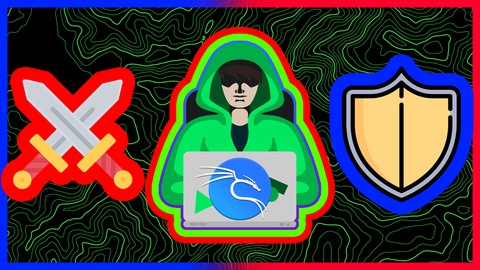




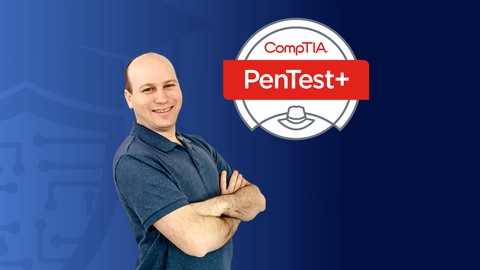

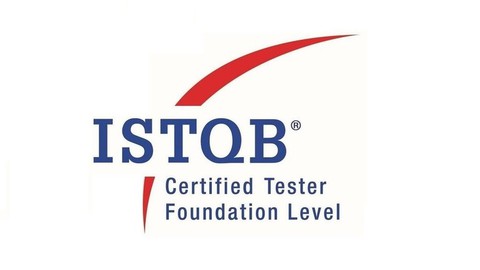
![[NEW] Spring Security 6 Zero to Master along with JWT,OAUTH2](/uploads/courses/udemy/3485044_ef54_2.jpg)



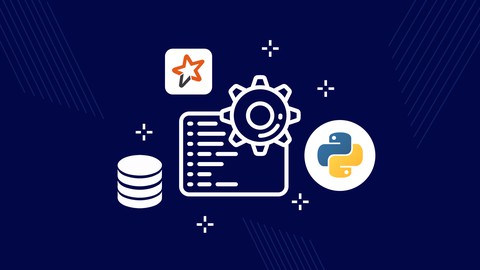

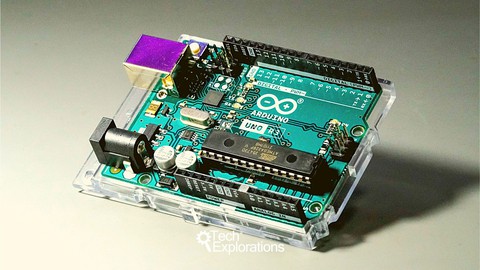


Đánh giá của học viên
Bình luận khách hàng